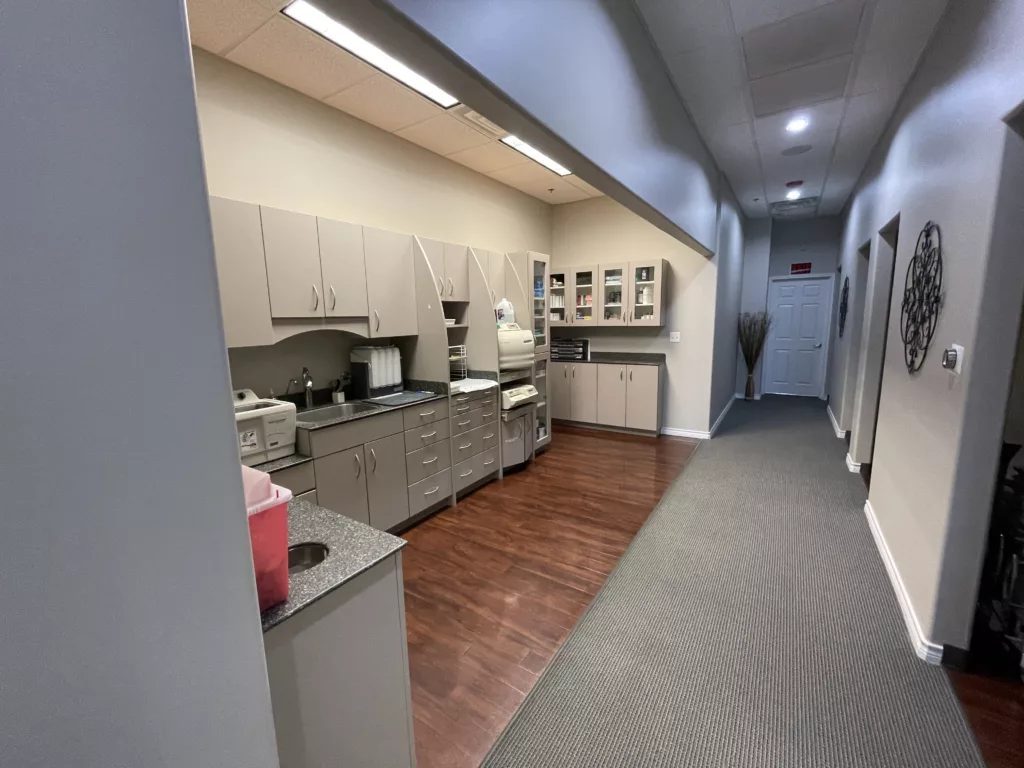As a medical entrepreneur, investing in real estate for your office is likely to be the most crucial decision you’ll make during your career. After years of balancing school and life decisions, making another enormous investment in yourself is a huge accomplishment that also comes with a lot of stress.
Practice Real Estate Group wants to show you how our commercial real estate agents evaluate thousands of healthcare properties each year and how you can set your property up to maximize its value.
Here are the top three terms you should be familiar with:
1. Location
I recently had no choice but to sell a practice based solely on its location. The site was fantastic, but the owner had not been the manager he should have been. I couldn’t sell profitability or a strong patient base, but the location was incredible.
So when I found a qualified buyer, I told him the same thing: it’s all about the location. There was even a site selection report to back it up. The office was in front of a Walmart and across from a grocery-anchored shopping center. I also broke down each specialty for him so he could see how dense the area was and how underserved it was for his practice type based on the numbers. I told him, “If you’re willing to be the manager and cultural leader, you’ll do great.”
He purchased the practice, and just three months after doing so, he called me back and said, “You’re so right – you undersold it. I’m so busy.”
2. Lease terms
You’re a doctor, therefore you’ve read a lot and have a lot of knowledge. It’s a dance, though, when it comes to lease conditions. It isn’t just about the cheap base rents. The following are the terms that are important:
- Rental Rates – As a practice owner, your real estate is the most significant overhead expense. It must be reasonable and fair.
- Type of Lease
- Important dates
- Operating expenses
- Tenant Improvement Allowance
- Free rent
- Amicable Landlord
You’ve likely heard of all of these, but here’s how it plays out.
Recently, I had a conversation with one of my sharpest clients, and it went like this:
I really like this location, I can get cheap rent, and the competition is non-existent.
Why do you think it’s non-existent?
Come on, it’s going to be an up-and-coming area.You are correct that it is a developing neighborhood, but the landlord is a long way away – lives in a totally different country. He doesn’t appreciate the value you bring to the table as a medical professional or the fact that you’ve committed for TEN years. He wants to profit off you rather than invest in you. Look, the bank will lend you $600,000, but it will cost you $400 to build it out on your own. The site I’m recommending? I negotiated a $160,000 investment from the Landlord for TI. It’s also $160,000 that you get to keep. You can spend the money on a fantastic front desk employee or balance out ever-increasing construction costs. In addition, I negotiated 5 months’ rent and you need as much time as possible now. What about the other property owner? You won’t get anything from him.
3. Exclusivity (Co tenants)
Exclusivity matters to the value of your practice because it determines the size of the pool you can market to. Let’s imagine you didn’t engage a broker ten years ago, and your lease didn’t include exclusivity. You began your career as a general practitioner on a low budget and have now built a high-functioning and profitable practice. You’re now certified in more services and can serve entire families. However, in the eighth year of your lease, an orthodontist moves into the retail center, and now you’ve narrowed your buying pool You can’t really market to another ortho. Buyers, in general, can’t put an offer on a piece of what you’re offering.
Maybe you’re a dedicated pediatric dentist who knows you’ll spend the rest of your life caring for children – that’s fantastic! We’re not going to handcuff the landlord. However, if you’re a general dentist or family practitioner, I’d strongly advise you to consider co-tenancy. I’d encourage you to push for language that grants you exclusivity for as many lines of business as possible. Furthermore, exclusivity can apply to other types of businesses. If your clients are children, for example, you may not want a smoking store next door, and our real estate agents can address that.



